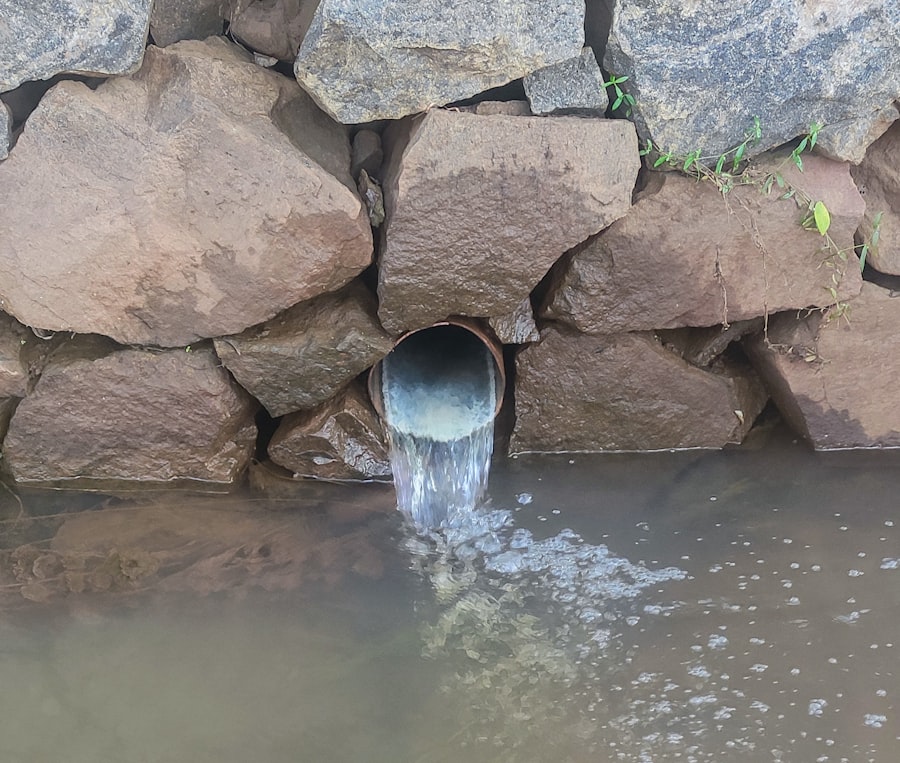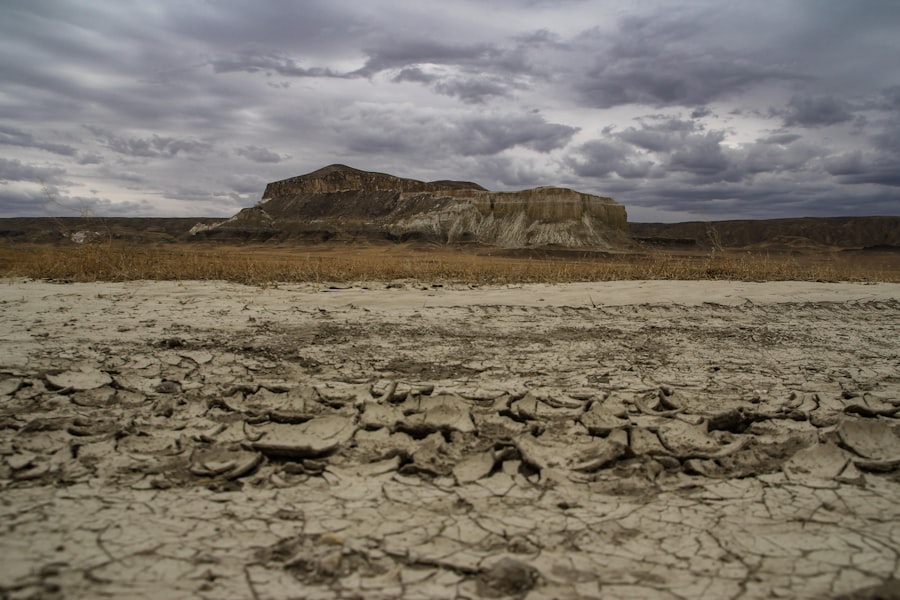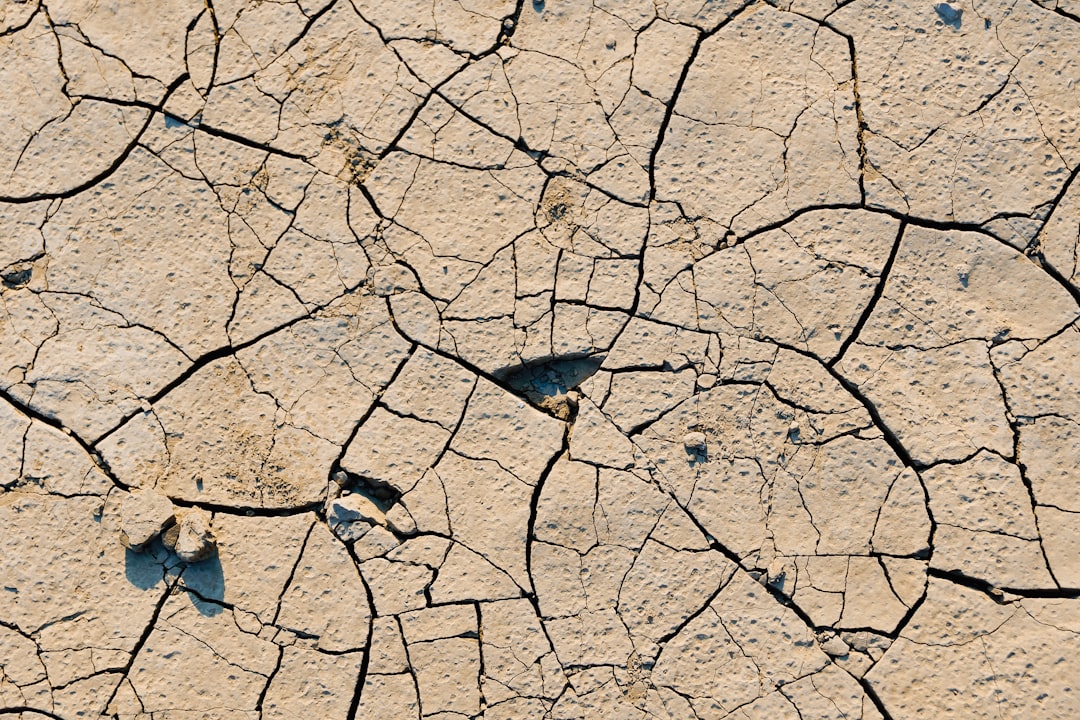Aquifer depletion has emerged as a pressing global issue, characterized by the excessive extraction of groundwater from aquifers, which are natural underground reservoirs that store water. These vital sources of freshwater are being depleted at an alarming rate, primarily due to human activities such as agricultural irrigation, industrial use, and urban development. As populations grow and demand for water increases, the balance between water extraction and natural replenishment is disrupted, leading to significant environmental and socio-economic challenges.
The phenomenon of aquifer depletion is not uniform across the globe; it varies significantly by region, influenced by factors such as climate, geology, and human practices. In many arid and semi-arid regions, where surface water is scarce, reliance on groundwater has intensified.
This over-extraction can lead to a range of problems, including reduced water quality, increased costs for water supply, and long-term sustainability issues. Understanding the complexities of aquifer depletion is crucial for developing effective strategies to manage and conserve these essential resources.
Key Takeaways
- Aquifer depletion is a serious issue caused by excessive groundwater extraction, leading to a decline in water levels.
- Agriculture and food production are heavily impacted by aquifer depletion, leading to reduced crop yields and increased irrigation costs.
- Aquifer depletion can result in a decreased drinking water supply, leading to water scarcity and potential health risks for communities.
- Subsidence and land sinking are consequences of aquifer depletion, causing infrastructure damage and increased flood risks.
- Saltwater intrusion and contamination can occur as a result of aquifer depletion, leading to the degradation of water quality and ecosystem health.
The Effects on Agriculture and Food Production
Agriculture is one of the most significant sectors affected by aquifer depletion. As groundwater levels decline, farmers face increasing challenges in accessing the water necessary for irrigation. This situation can lead to reduced crop yields and diminished agricultural productivity, threatening food security in regions that depend heavily on groundwater for irrigation.
In many cases, farmers are forced to drill deeper wells or invest in more expensive technologies to access dwindling water supplies, which can strain their financial resources and lead to unsustainable farming practices. Moreover, the reliance on groundwater for irrigation can create a vicious cycle. As aquifers are depleted, the cost of water rises, prompting farmers to extract even more water to maintain their livelihoods.
This over-extraction exacerbates the depletion problem, leading to a decline in soil health and fertility over time. The long-term implications for food production are dire; as aquifers continue to be drained, the ability to produce sufficient food for growing populations becomes increasingly compromised.
Impact on Drinking Water Supply

The depletion of aquifers poses a significant threat to drinking water supplies in many regions. As groundwater levels drop, the availability of clean and safe drinking water diminishes, leading to increased competition among various users—residential, agricultural, and industrial. In some areas, communities have already begun to experience water shortages, forcing them to rely on alternative sources that may not be as reliable or safe.
This situation can lead to public health crises, particularly in vulnerable populations that lack access to adequate sanitation and clean water. In addition to quantity issues, aquifer depletion can also affect the quality of drinking water. As water levels decline, contaminants can become more concentrated in the remaining water supplies.
This phenomenon can lead to increased salinity or the intrusion of pollutants from surface sources. Consequently, communities may face higher costs associated with water treatment or may be forced to seek alternative sources of drinking water altogether. The implications for public health and community well-being are profound, highlighting the urgent need for sustainable management practices.
Subsidence and Land Sinking
| City | Rate of Subsidence (inches/year) | Causes |
|---|---|---|
| New Orleans, USA | 1-2 | Groundwater extraction, oil and gas extraction |
| Jakarta, Indonesia | 5-10 | Groundwater extraction, urban development |
| Mexico City, Mexico | 8-12 | Groundwater extraction, geological conditions |
One of the less visible but equally concerning effects of aquifer depletion is land subsidence. As groundwater is extracted from aquifers, the pressure that keeps soil particles apart diminishes, causing the ground above to sink. This phenomenon can lead to significant structural damage to buildings, roads, and infrastructure, resulting in costly repairs and increased maintenance expenses for communities.
The consequences of land subsidence extend beyond physical damage; they can also disrupt local ecosystems and alter natural drainage patterns. As land sinks, it can affect surface water flow and lead to increased flooding in certain areas while creating drought-like conditions in others.
The interplay between subsidence and aquifer depletion underscores the interconnectedness of water management and land use planning. Addressing these challenges requires a comprehensive approach that considers both groundwater extraction and its broader impacts on the environment.
Saltwater Intrusion and Contamination
In coastal regions, aquifer depletion can lead to saltwater intrusion—a process where seawater encroaches into freshwater aquifers due to declining water levels. This phenomenon poses a significant threat to drinking water supplies and agricultural irrigation in coastal communities. As freshwater resources become contaminated with saltwater, the usability of these supplies diminishes, leading to increased costs for desalination or alternative water sourcing.
Saltwater intrusion not only affects drinking water but also has severe implications for agriculture. Crops that are sensitive to salinity may suffer reduced yields or complete failure when irrigated with saline water. This situation can exacerbate food insecurity in regions already struggling with agricultural challenges due to climate change or economic instability.
The need for effective management strategies to prevent saltwater intrusion is critical as coastal populations continue to grow and demand for freshwater resources increases.
Economic Consequences

The economic ramifications of aquifer depletion are far-reaching and multifaceted. As groundwater resources become scarcer, the costs associated with accessing and treating water rise significantly. Farmers may face increased expenses related to drilling deeper wells or investing in advanced irrigation technologies.
These rising costs can lead to higher food prices for consumers and reduced profitability for farmers, ultimately impacting local economies. Moreover, communities that rely heavily on groundwater may experience economic decline as businesses struggle with water shortages. Industries that depend on consistent water supplies may relocate or reduce operations due to increasing costs or scarcity.
This shift can lead to job losses and decreased economic activity in affected regions. The long-term economic consequences of aquifer depletion necessitate proactive measures to ensure sustainable water management practices that support both economic growth and environmental stewardship.
Environmental Consequences
Aquifer depletion has profound environmental consequences that extend beyond immediate human needs. The reduction of groundwater levels can disrupt local ecosystems that depend on consistent moisture levels. Wetlands, rivers, and lakes may experience reduced flow or drying up altogether as aquifers are drained, leading to habitat loss for numerous plant and animal species.
The decline in biodiversity can have cascading effects on ecosystem health and resilience. Additionally, the alteration of natural hydrological cycles due to aquifer depletion can exacerbate climate change impacts. Reduced groundwater availability can lead to increased surface runoff during heavy rains while diminishing moisture retention during dry periods.
This imbalance can contribute to soil erosion and degradation, further threatening agricultural productivity and natural habitats alike. Addressing these environmental consequences requires a holistic approach that integrates ecological considerations into water management strategies.
Social and Cultural Impacts
The social implications of aquifer depletion are significant, particularly in communities that have historically relied on groundwater for their livelihoods and cultural practices. Water scarcity can lead to conflicts among different user groups—farmers, urban residents, and industries—over limited resources. These tensions can exacerbate existing social inequalities as marginalized communities often bear the brunt of water shortages while having limited access to alternative sources.
Culturally significant practices tied to water use may also be threatened by aquifer depletion. Indigenous communities that rely on traditional knowledge and practices related to water management may find their cultural heritage at risk as groundwater resources dwindle. The loss of these practices not only affects community identity but also diminishes valuable ecological knowledge that has been passed down through generations.
Recognizing the social and cultural dimensions of aquifer depletion is essential for developing inclusive solutions that respect diverse perspectives.
Mitigation and Conservation Efforts
Mitigating aquifer depletion requires a multifaceted approach that emphasizes conservation and sustainable management practices. One effective strategy is promoting efficient irrigation techniques that minimize water waste in agriculture. Technologies such as drip irrigation or rainwater harvesting can significantly reduce reliance on groundwater while enhancing crop yields.
Additionally, implementing policies that encourage responsible groundwater use among industries and urban areas is crucial for preserving these vital resources. Public awareness campaigns play a vital role in fostering a culture of conservation within communities. Educating individuals about the importance of groundwater conservation can lead to behavioral changes that collectively contribute to sustainable water management practices.
Furthermore, investing in research and innovation aimed at improving groundwater recharge methods—such as artificial recharge techniques—can help restore depleted aquifers over time.
Policy and Governance Responses
Effective governance is essential for addressing the challenges posed by aquifer depletion. Policymakers must develop comprehensive frameworks that regulate groundwater extraction while promoting sustainable practices across sectors. Implementing policies that incentivize conservation efforts among users can encourage responsible management of this finite resource.
Collaboration among stakeholders—governments, local communities, industries, and environmental organizations—is critical for developing effective solutions. Engaging diverse perspectives ensures that policies are equitable and consider the needs of all users while prioritizing long-term sustainability goals. Additionally, integrating scientific research into policy development can provide valuable insights into groundwater dynamics and inform decision-making processes.
The Future of Aquifer Depletion and Sustainable Water Management
The future of aquifer depletion hinges on society’s ability to adapt its practices toward sustainable water management. As global populations continue to grow and climate change exacerbates existing challenges, proactive measures must be taken to safeguard these vital resources for future generations. Emphasizing conservation efforts, innovative technologies, and collaborative governance will be essential in addressing the complex issues surrounding aquifer depletion.
Ultimately, achieving sustainable water management requires a paradigm shift in how society values and utilizes its freshwater resources. By prioritizing long-term sustainability over short-term gains, communities can work towards a future where aquifers are preserved as essential lifelines for both people and ecosystems alike. The path forward will demand commitment from all sectors of society—governments, businesses, communities—to ensure that aquifers remain viable sources of freshwater for generations to come.
Aquifer depletion is a pressing environmental issue with significant long-term effects, including reduced water availability, land subsidence, and ecological damage. As groundwater levels continue to drop, the sustainability of water resources for agriculture, industry, and personal consumption is increasingly threatened. For a deeper understanding of these impacts, you can explore a related article on the topic by visiting this page. This article delves into the consequences of aquifer depletion and discusses potential strategies for mitigating its adverse effects.
WATCH NOW! Why America’s Heartland Is Disappearing Fast
FAQs
What is aquifer depletion?
Aquifer depletion refers to the long-term decline in the water level of an aquifer, which is an underground layer of water-bearing rock or sediment. This occurs when the rate of water extraction from the aquifer exceeds the rate of natural recharge, leading to a decrease in the amount of available groundwater.
What are the long-term effects of aquifer depletion?
The long-term effects of aquifer depletion can include land subsidence, reduced water quality, increased pumping costs, and the loss of natural ecosystems that depend on groundwater. Land subsidence occurs when the ground above the depleted aquifer sinks, leading to infrastructure damage and increased flood risk. Reduced water quality can occur as the concentration of contaminants in the remaining groundwater increases. Increased pumping costs result from the need to drill deeper wells to access the dwindling water supply.
How does aquifer depletion impact ecosystems?
Aquifer depletion can have significant impacts on ecosystems that rely on groundwater. Reduced water availability can lead to the drying up of wetlands, streams, and rivers, which in turn can harm the plants and animals that depend on these water sources. Additionally, changes in water quality due to aquifer depletion can further disrupt ecosystems and threaten the survival of species that rely on groundwater.
What are some potential solutions to mitigate aquifer depletion?
Some potential solutions to mitigate aquifer depletion include implementing water conservation measures, promoting the use of alternative water sources such as rainwater harvesting and recycled water, and implementing groundwater management strategies such as groundwater recharge and artificial groundwater replenishment. Additionally, improved monitoring and regulation of water extraction can help to ensure sustainable use of aquifers.
